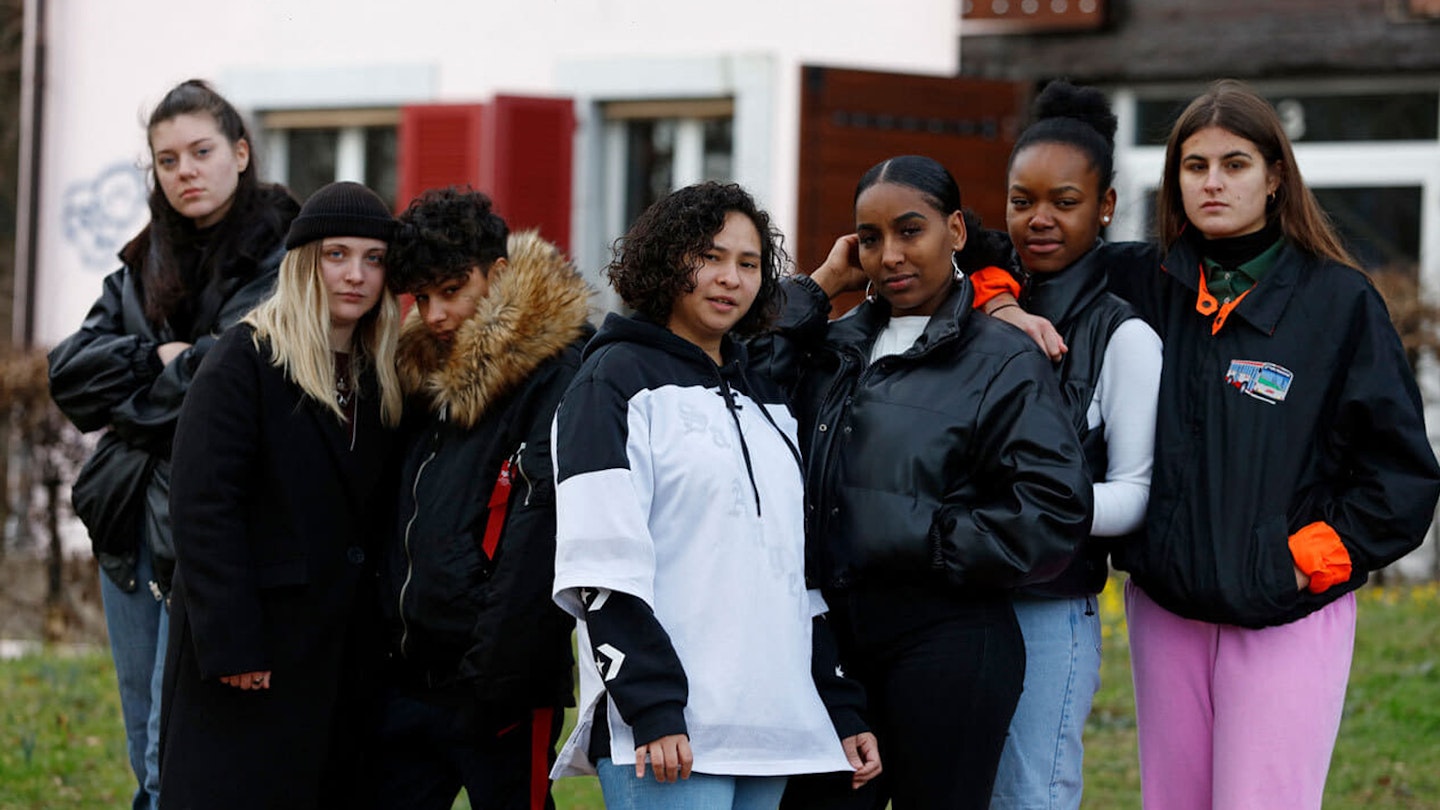Perhaps inevitably, La Mif (‘The Fam’, French slang for ‘family’) has drawn comparisons to Sarah Gavron’s groundbreaking 2019 coming-of-age drama Rocks. It certainly has the same semi-documentarian style and empathetic interest in vulnerable young people on the cusp of adulthood. And its origins are similar too: Fred Baillif's workshop-driven script is the product of two years of research and development, hiring non-actors to tell a fictional story with a strong basis in reality.
But while Rocks and La Mif are cut from similar social-realist cloth, Baillif's film has different motivations. Instead of a working-class community in east London, this drama is set in a Swiss care home for at-risk teenagers, and presents a unique perspective on a daunting social-care crisis — a crucial arm of the welfare state, largely left under-funded and run by indifferent middle managers.

Baillif, a former social-worker himself, gives roughly equal focus to both the kids and the adults looking after them, and its thoughtful structure allots each character their own chapter, with a Rashomon-style breakdown after a key event sends the residents of the home spiralling.
A raw but deeply nourishing watch.
There are some startling performances from this cast of first-timers — especially Kassia Da Costa, as the hot-headed but obviously insecure Novinha. Among the adult cast, it’s Claudia Grob who stands out as Lora, the den mother of the home; her approach is at once firm and gentle, remarkable in her poise, patience and compassion. Yet even she stumbles, when her personal life bleeds into the professional. Even the most stable-seeming people, the film seems to suggest, are more than likely dealing with some broken pieces inside. Nobody is immune from trauma.
Despite this, it’s not always an uncomfortable watch: yes, suicide, rape, domestic abuse and grief are among the subjects tackled, and you’re not left with a sense that there will be happy endings for many of those involved. But Baillif finds snippets of joy among the gloom — a sequence where a couple of teenagers nick an old bloke’s shopping trolley is strangely uplifting — and the lively, energetic performances from the inexperienced cast, many of them still school-age, makes for an engaging experience.
The result is a raw but deeply nourishing watch: by the end, they all feel like members of your own deeply dysfunctional but genuinely loving family.
